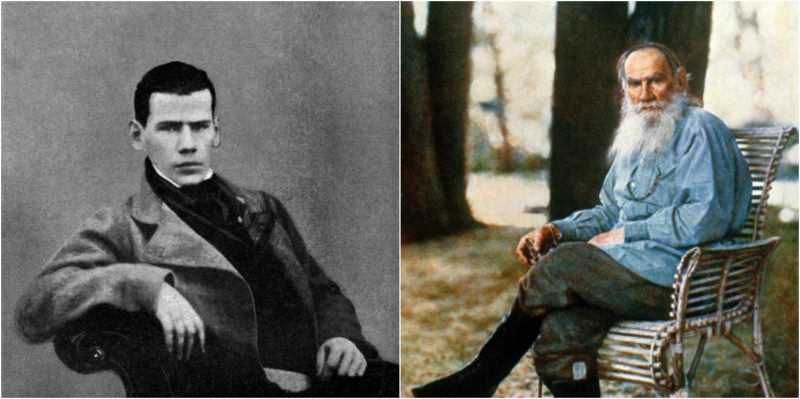Leo Tolstoy had a lifelong battle with his personal demons. Some might say he was struggling to be the best human he could, but in fact, his fight was based on fighting his desires that he couldn’t approve in a certain morality frame. And his morals always depended on his ideals that changed over time, not in the sense of philosophy, but rather in a trajectory of rigorousness towards himself.

Since his late teens, Tolstoy kept a “Journal of Daily Occupations,” where he scheduled the plot of the following day. It sounds like a common compulsive habit of anxious people, but this was the man who wrote “War and Peace.” And “Anna Karenina.” And many other great literary pieces. His accounts for the days weren’t scheduling his hours, but rather his intentions. According to his journal, on certain days the man was committing himself to listen to music and then to play cards while Moscow. His fight was against the possibility of staying ignorant towards some social sphere or phenomenon. He wanted to be everywhere, to suck life at every corner. As he was growing up, Tolstoy was committing to restrain from habits such as gambling or visiting brothels to only twice a months. As he wanted to enjoy it and to be tempted but not fooled and addicted.
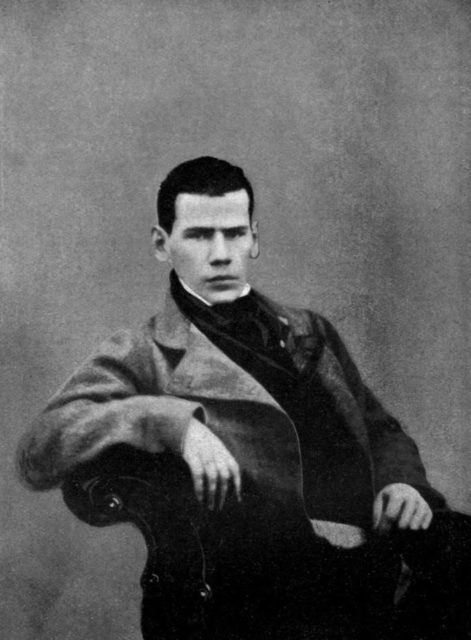
His fight was against the possibility of staying ignorant towards some social sphere or phenomenon. He wanted to be everywhere, to suck life at every corner. As he was growing up, Tolstoy was committing to restrain from habits such as gambling or visiting brothels to only twice a months. As he wanted to enjoy it and to be tempted but not fooled and addicted.
After his success with the publication of “Anna Karenina” in the 1870s, the author underwent a series of emotional and spiritual crisis questioning his religious beliefs and the concept of organized religion. He also had doubts about the social hierarchy and the state itself. He started to perceive the state and all forms of organized systems as designed to exploit and to corrupt the citizens. Hence, he started feeling uncomfortable with his aristocratic background and his increasing wealth at the time. Tolstoy spoke loudly against the government and the church which resulted in his excommunication from the Russian Orthodox Church in 1901, and in being surveilled by the police on the order of the czarist government.
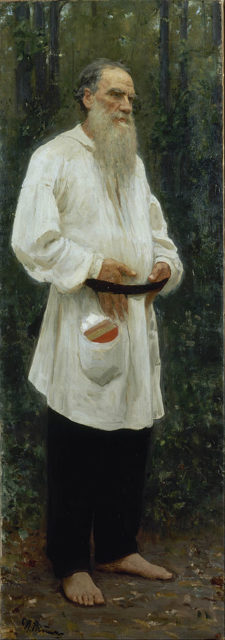
Tolstoy found a “purer” way to be a Christian which meant that such a person could find lasting happiness in their inner world by purifying themselves through following the Great Commandment of loving one’s neighbor and God rather than looking outward to the Church or state for guidance. From the socio-political aspect, Tolstoy believed in anarchism as the only lifestyle and as opposed to any social stratification which according to him was always burdening the poor.
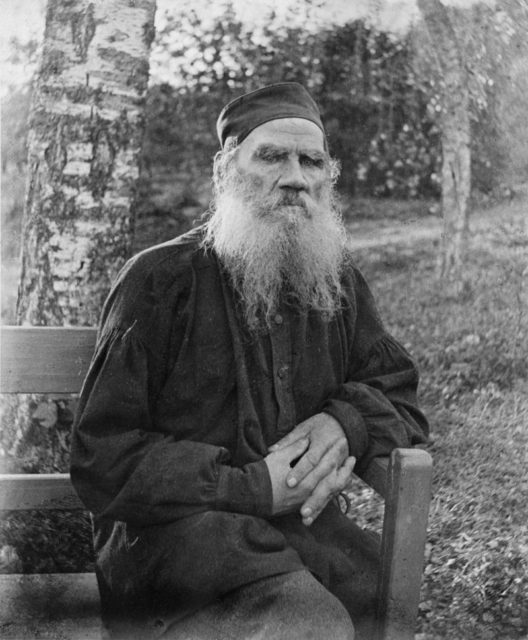
He also advocated against private property, the institution of marriage and in fact, against any kind of institution that limits the human nature rather than the person themselves. Through his work “The Kingdom of God is within you,” Tolstoy directly influenced Mahatma Gandhi.
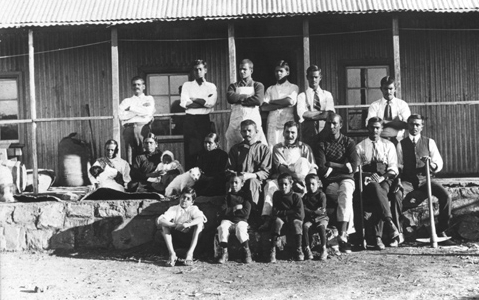
Despite his defame by the royal and religious leaders who hoped to diminish the author, Tolstoy began to attract adherents to his new faith. His teachings were oriented into something between Christian anarchism and pacifism and advocated an ascetic lifestyle in any sense of the meaning – physically and morally. His “followers” were called “Tolstoyans” and moved on Tolstoy’s estate so that they could be closer to their spiritual leader.
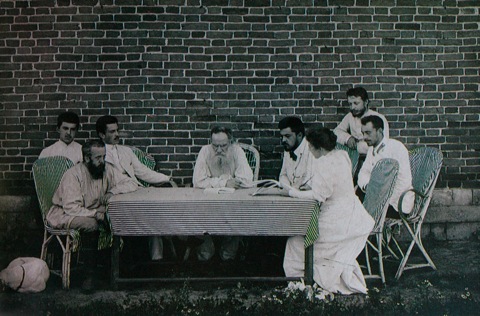
Many others started establishing settlements around Russia and later around the world. They were living in communities they followed the principles of ascetic life. Even though many of these communes were short-lived, there are some operating to this day. There are at least two operational in England.
